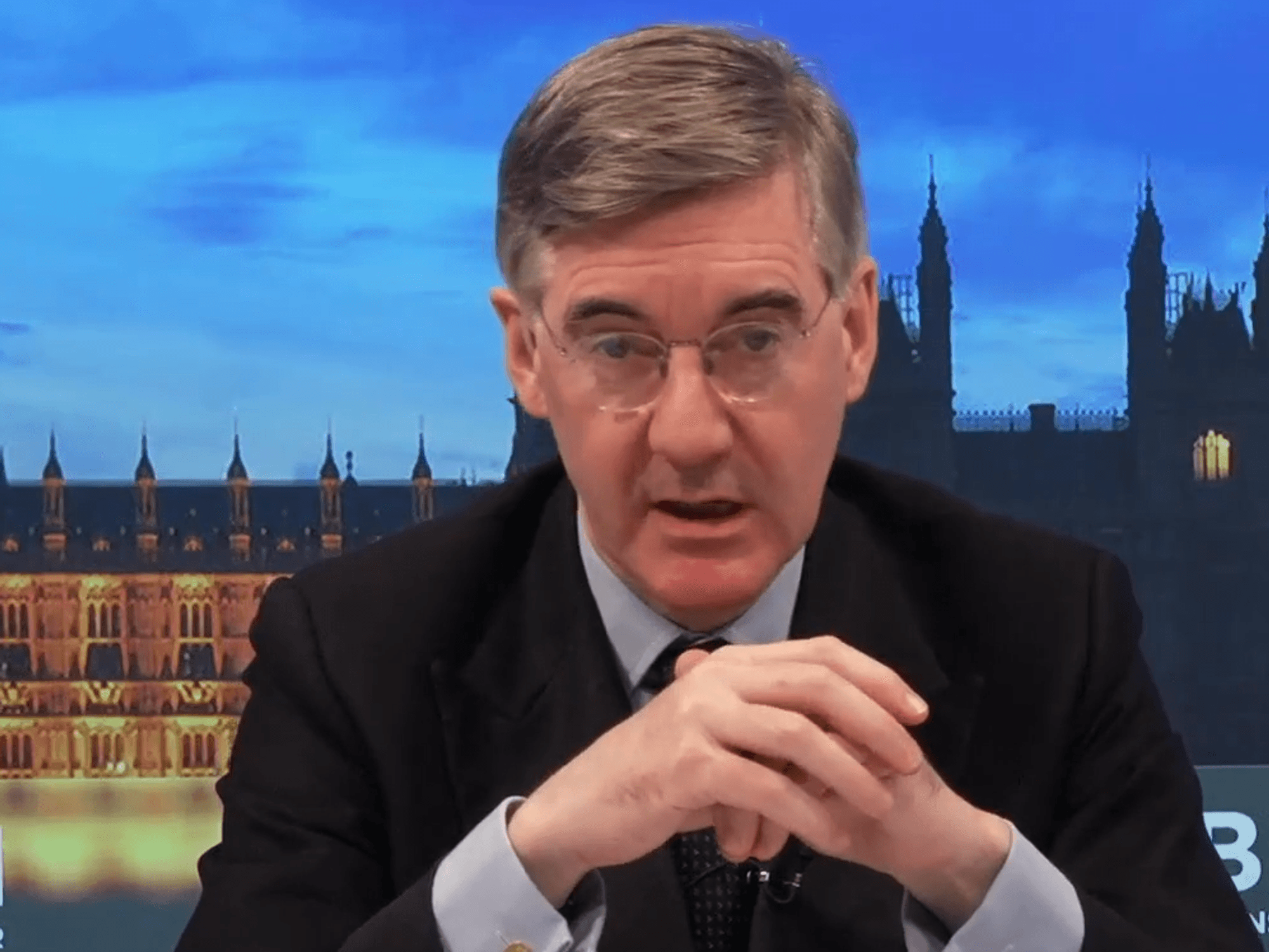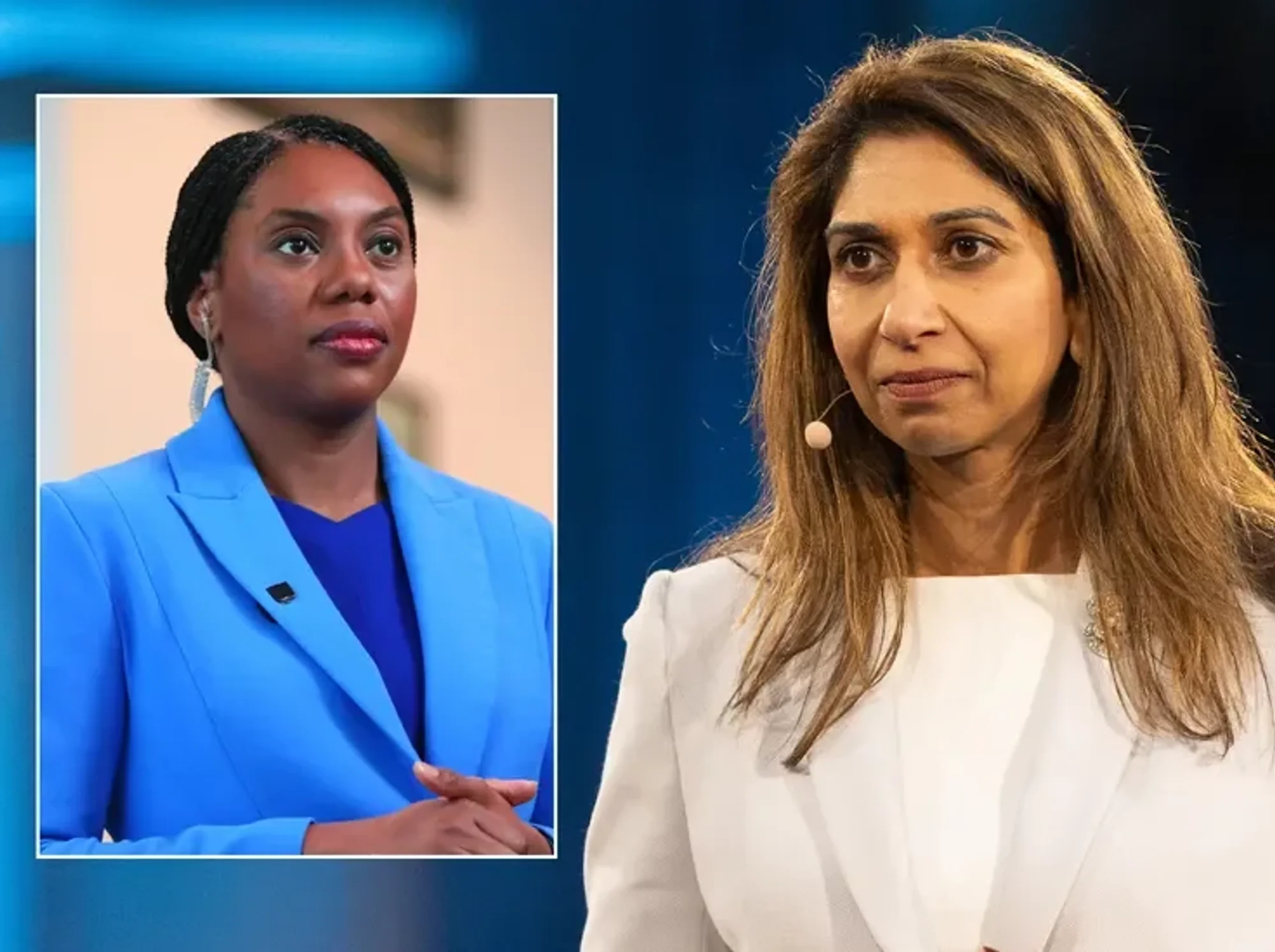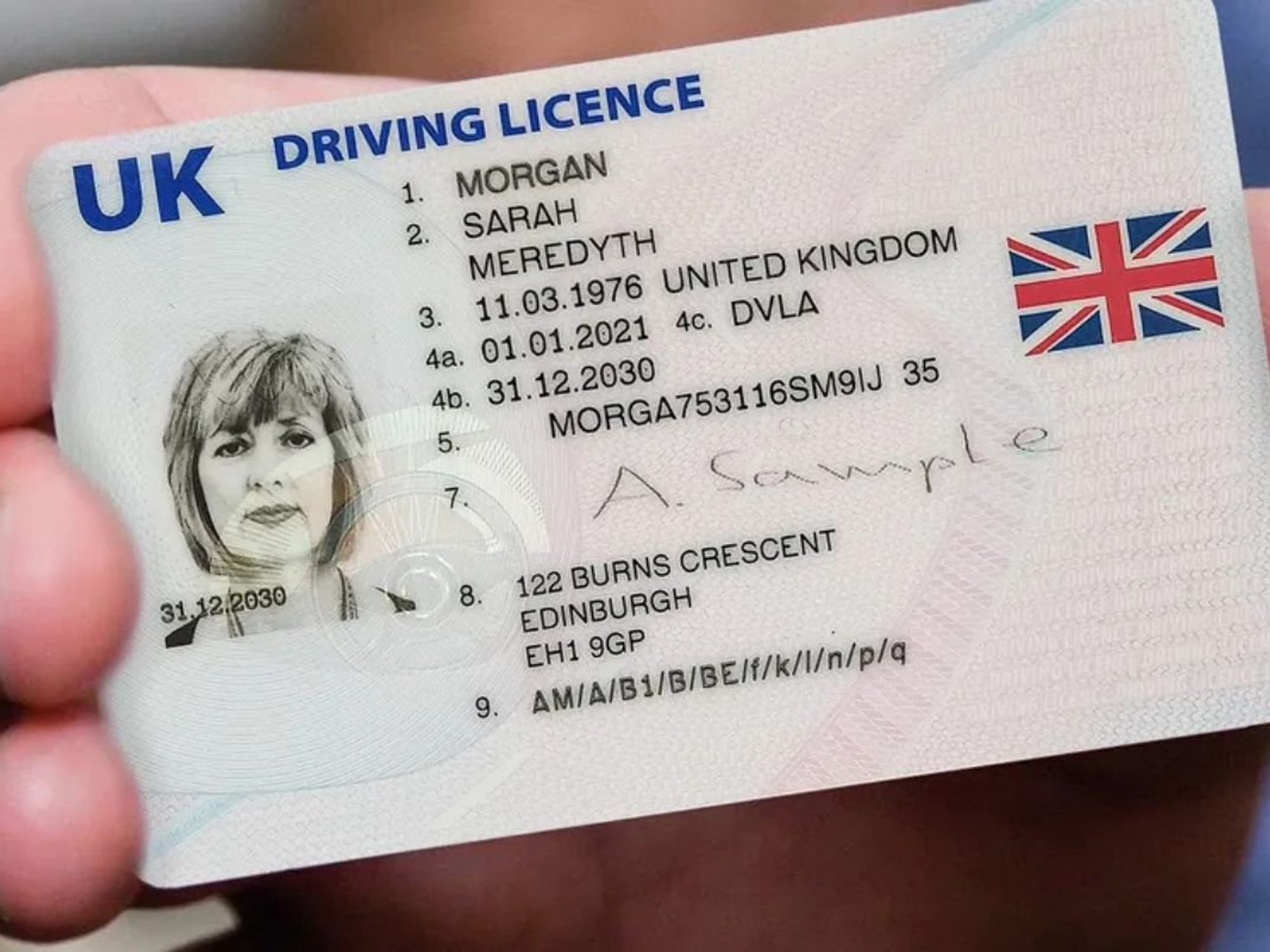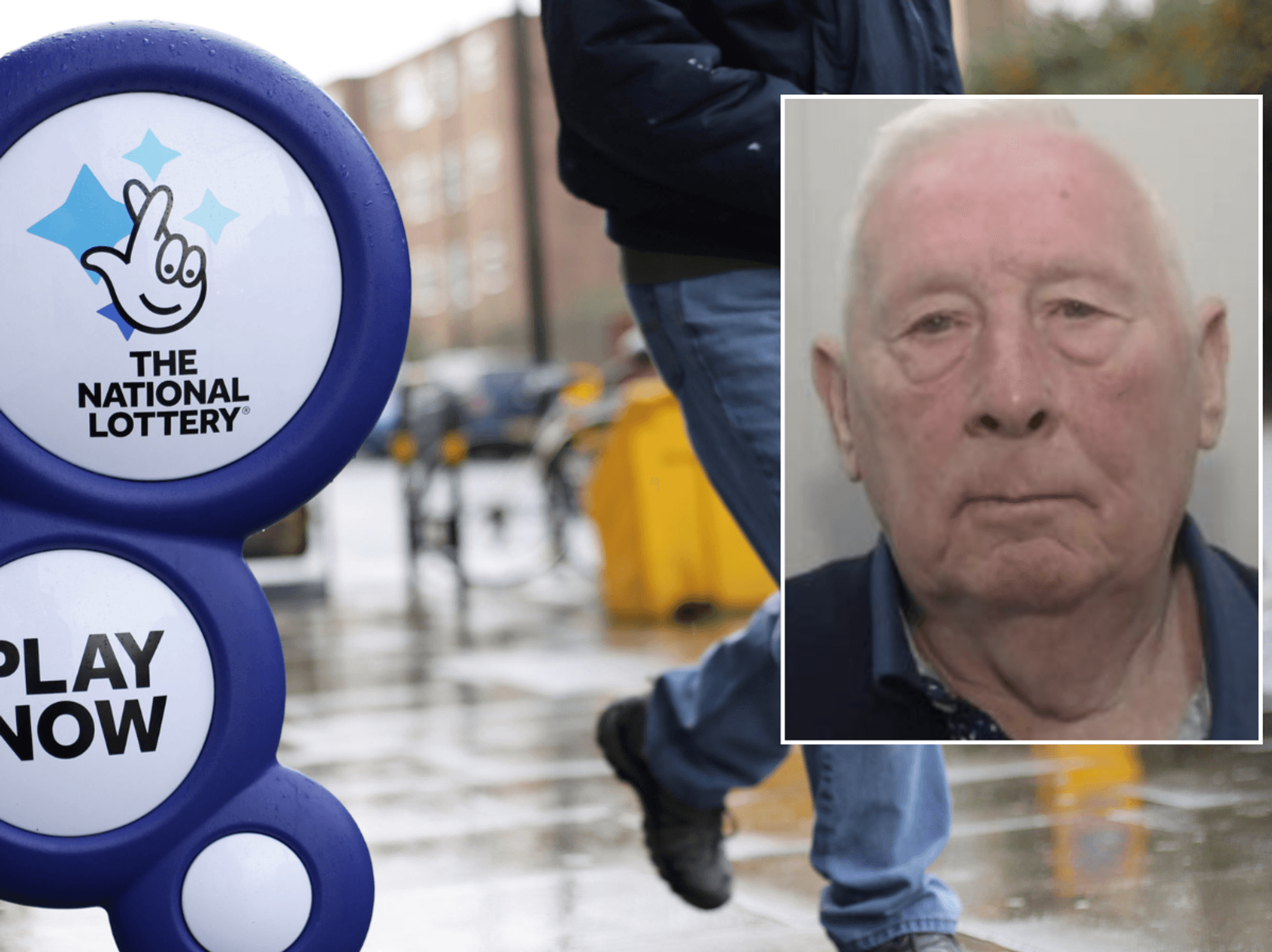Britain 'turning its back on a generation of boys' as youths 'fall prey to silent addictions'

WATCH: 'Boys are treated as problems!' Expert slams politics for leaving boys behind
|GB NEWS
Fresh data shared with GB News shows hundreds of thousands of young men are drifting into unemployment, exclusion, crime and even suicide
Don't Miss
Most Read
Trending on GB News
Britain is turning its back on a generation of boys, while so-called "manosphere" influencers are moving in to claim them, damning new research has found.
Fresh data shared with GB News shows hundreds of thousands of young men are drifting into unemployment, exclusion, crime and even suicide - while social media stars like Andrew Tate are stepping up as their role models.
Mark Brooks OBE, of the Centre for Policy Research on Men and Boys, told the People's Channel that this is the result of a 30-year “policy silence” on boys’ education and well-being.
He said: “The narrative has been that girls have problems and boys are problems. If boys do have problems, it’s their fault.”
Mr Brooks warned that the silence has left a vacuum - and it’s being filled by influencers like Andrew Tate.
He also spoke out on the release of new findings from his think tank: 224,000 young men aged 16-24 are unemployed, with another 273,000 classed as economically inactive.
By contrast, 140,000 young women are unemployed and 310,000 inactive.

Mark Brooks warned GB News that a 'policy silence' has left a vacuum - and it’s being filled by influencers like Andrew Tate
|GB NEWS
Boys also make up the vast majority in youth custody - 480 compared with just 15 girls - and are far more likely to die by suicide, with 149 teenage boys aged 15-19 taking their own lives in 2023, over three times the number of girls.
Exclusions from school are also climbing back to mid-2000s levels. In 2023/24, 7,695 boys were excluded in England, more than double the number of girls.
He said: “These problems haven’t just been ignored, they haven’t even been discussed until recently. The figures have been there for years - suicide rates, unemployment, the shortfall in boys going to university - but there’s been a squeamishness about tackling them.”
He said this has led to the rise of online influencers such as Andrew Tate, a self-proclaimed misogynist who has said men are superior to women.
“Most boys think people like Tate are idiots,” he says. “But some don’t. And it becomes seductive if they haven’t got any alternatives. They are looking for leadership, for hope, for an understanding about how to get on in life. If they’re not getting guidance from us, they will look elsewhere.”
Mr Brooks says the collapse in male role models is fuelling the crisis.
“Only one in four teachers are male. At primary schools, it’s closer to one in six - and a third don’t have a single male teacher. There are also more boys without a father at home.”
BRITAIN'S YOUNG MEN IN TURMOIL - LATEST:

PICTURED: Brothers Andrew (right) and Tristan Tate (left). So-called 'manosphere' influencers are moving in to claim Britain's young men, Mark Brooks said
|GETTY
Beyond education, boys are falling prey to what Mr Brooks has called “silent addictions”: gambling, gaming and pornography.
“Gambling plays into male risk-taking behaviour and offers a get-rich-quick fix,” he said. “If boys aren’t doing well at school, if they see little hope in their communities, they look for quick solutions - and gambling feeds that. Once they click on a site, the algorithms bombard them with more. Pornography is another major problem. Parents tell me they fear their sons are now addicted. These things pull boys further off track.”
Mr Brooks now warns online regulation is missing them out. “Ofcom is issuing guidance for tech firms to protect women and girls online. But they’ve refused to do the same for boys and young men. When you look at sextortion, online bullying, gambling and pornography, boys are often the most exposed. Yet there’s no equivalent guidance for them.”
The latest exam season once again showed boys struggling.
This summer, 24.5 per cent of girls achieved top GCSE grades compared with 19.4 per cent of boys. At A-level, more boys gained A grades proportionally, but fewer even sat the exams - and across Bs and Cs, girls were still ahead.
“This September there will be 30,000 fewer 19-year-old boys applying to university than girls,” the think tank chief revealed. “At the other end, nearly 300,000 young men are unemployed. You can see the outcomes of educational failure playing out in both directions.”
He adds: “Girls are far more school-ready, especially around literacy. Many boys are not given the chance to catch up. But in schools where the gender gap has closed, teachers told us they showed boys the purpose of learning, pushed them harder, made discipline feel fair, and surrounded them with positive role models. Where that happens, boys thrive.”
“There’s nothing toxic about masculinity,” he said. “There are toxic men and toxic women, but masculinity itself isn’t toxic. For too long, boys have been told that being male is bad. The narrative was that boys are the problem. We’ve got to change that to boys have problems - and ask: 'What are we going to do to help?'”
WATCH: Britain’s lost boys: England rugby icon Lawrence Dallaglio ‘deeply concerned’ as generation of young men tipped to fill prisons
But Mr Brooks has insisted that this is not a battle of the sexes.
“Women and girls continue to face problems - the pay gap, leadership, representation - and we must fix those. But that should not stop us addressing the challenges boys face. We’re smart enough as a country to do both. Boys doing well means girls will do well too. If young men are floundering, that’s bad for everyone,” he added.
In response, a Government spokesman said: “The Government is determined to deliver better life chances for all young people, regardless of gender or background, but we recognise that both boys and girls experience their own challenges.
“We are committed to getting more men at the front of classrooms to help provide the strong role models boys can need, as well as providing access to a specialist mental health professional in every school, helping address the underlying causes of poor behaviour as well as other issues young people may be facing.
“In the autumn, our Schools White Paper will set out an ambitious vision to raise outcomes for all young people, but particularly those groups whose outcomes are currently weakest, such as children from white working-class backgrounds.”
Anyone who is in emotional distress, struggling to cope or at risk of suicide can call the Samaritans anonymously for free from a UK phone on 116 123 or go to samaritans.org.










